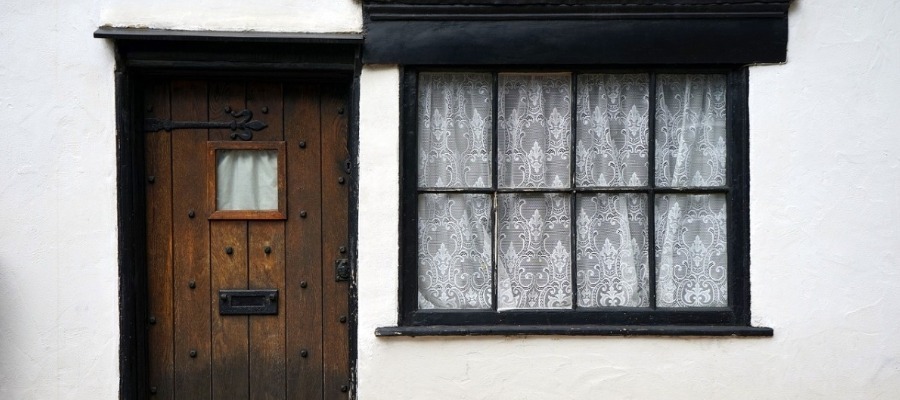Having your house repossessed has a devastating effect on your credit. This one event can have major implications on your future ability to borrow money or become a tenant. It can stay on your report for a long time, but there are steps you can take to improve your credit despite this.
Understanding Repossession
First, it’s good to know the basics. Your house was repossessed because, when you took out the loan for your mortgage, the property you bought with it became the collateral for the loan. When you defaulted on your payments, the lender was able to seize the property. Even though you no longer own that property, you still own the actual loan.
Your repossession will remain on your credit report for no more than six years. This is a long time when you have lost your home and are likely looking for another place to stay.
Even renting will be difficult after the landlord checks your report. A poor credit report means you have fewer options available. Simple things like opening a bank account or getting insurance will also be very difficult.
What Can You Do in the Meantime?
Even when you are dealing with a blow to your credit, there are some essential things you can do to improve it. While the repossession will remain on your report, you may have to borrow at higher interest rates. But, more importantly, you may be able to borrow again.
- Get your payments in on time. Regular on-time payments for everything from loans to your electricity bill will have a significant impact on your credit. This can help you to start getting above water again.
- If you have the ability to get some of your debt down, do it. Reducing debt will have a positive impact on your credit. Pay as much as you can against your debt, not just the bare minimum.
- Reduce your overhead and start sticking to a clear budget. Each month, consider your recurring bills and make allowances for the necessities, like groceries. Figure out where you can cut costs and be frugal so you can ensure you will have the money you need to make your payments.
- Pay whatever you can on your repossession. The ideal scenario would be to pay it off in full. Your lender can then write off your debt and it will reflect in your credit report.
- But paying a settlement with your lender can also be an option. You will still have this on your report, but there will also be the payment to show lenders that you were willing to make some kind of effort.
Final Thoughts
As you can see, moving on from such a loss is certainly not easy. It involves a stable income and major shifts in lifestyle. Until you can get all of your finances under control, you are subject to the consequences of your house being repossessed.
Even so, if you are willing to put in the major effort to overhaul your financial life, positive credit impacts are possible. In this way, you can reduce the stress of your burden and make moves to becoming a homeowner once again.








